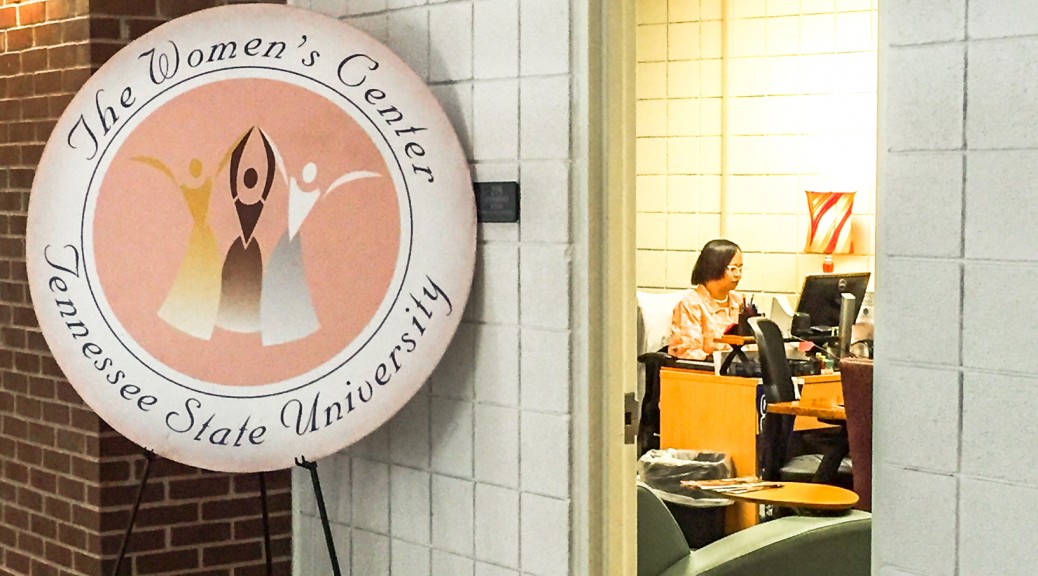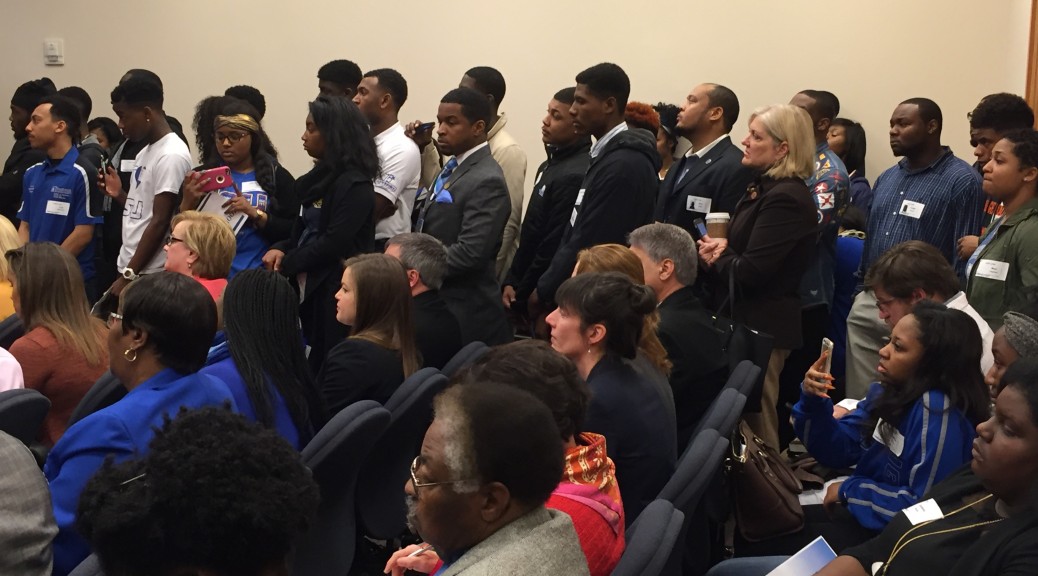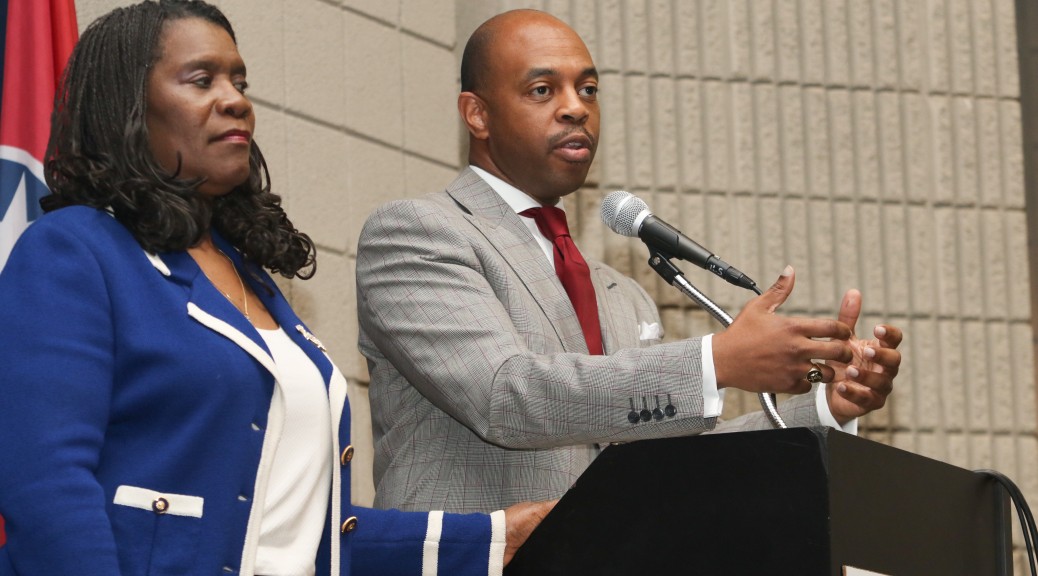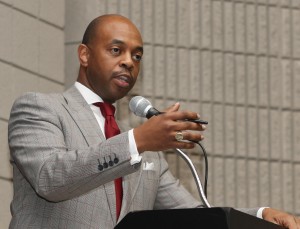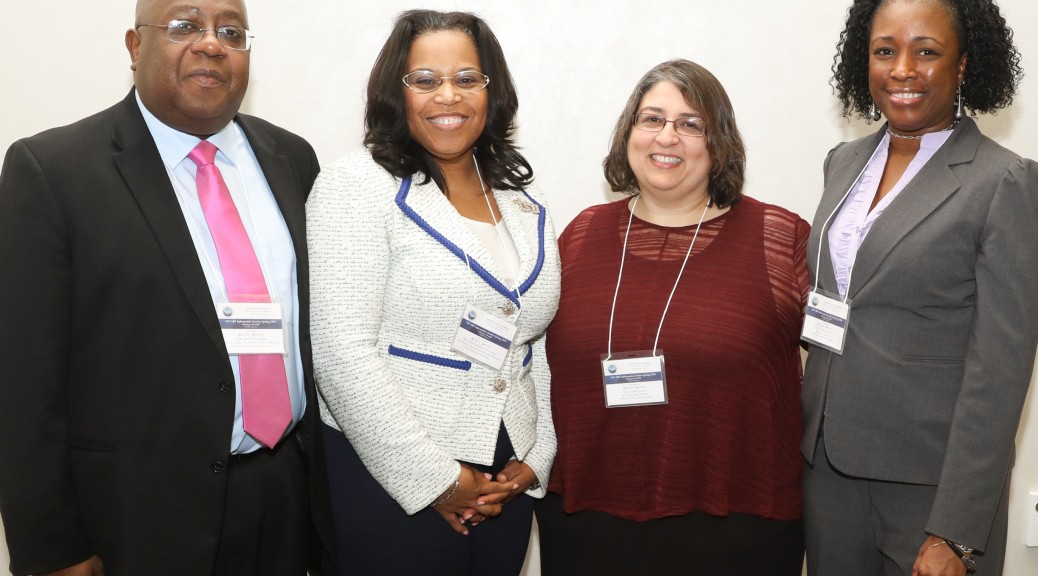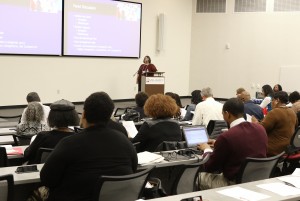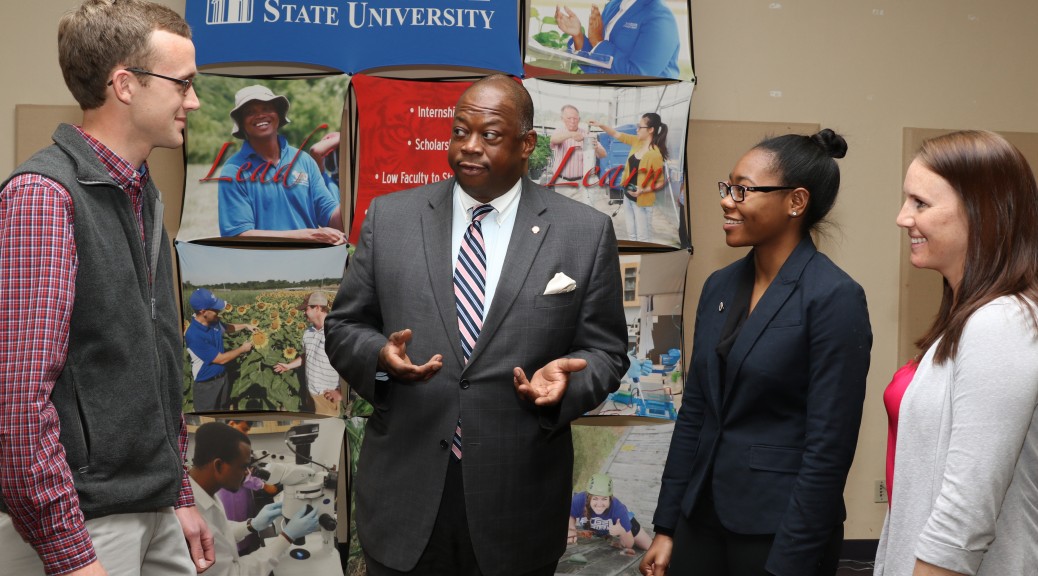NASHVILLE, Tenn. (TSU News Service) – Nashville Mayor Megan Barry says Tennessee State University’s Women’s Center plays a “critical role” in the lives of the university’s students, as well as its employees.
Barry, the city’s first female mayor, is one of five women who will be honored on March 22 at TSU’s Ninth Women of Legend and Merit Awards dinner, which benefits the Women’s Center.
“The Women’s Center serves a critical role by empowering women through mentorship and education programs that create stronger bonds and professional development opportunities for students and faculty alike,” Barry said. “I’m honored to have the chance to show my support for this important program at the Women of Legend and Merit Awards dinner later this month.”
Besides Mayor Barry, other honorees include businesswoman Jacky Akbari; Nashville Circuit Court Judge Angela Cox; Dr. Sandra Holt, former director of TSU’s Women’s Center and Honors Program; and Latrisha Jemison, senior vice president and regional community affairs manager at Regions Bank.
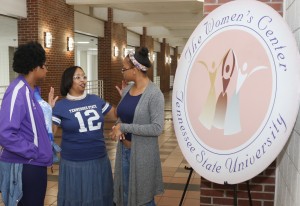
For nearly 10 years, the center, located on the second floor of TSU’s Floyd-Payne Campus Center, has worked to mentor and empower young women attending TSU from across the country. It’s among a handful of historically black colleges and universities with similar centers.
“Our Women’s Center does a tremendous job in helping young women discover their voice and their purpose on campus, and ultimately in their community and workplace,” said TSU President Glenda Glover. “For almost a decade, the center has nurtured and mentored students in an environment they categorized as a home away from home setting that allows them to flourish on our campus. It’s a special place.”
TSU student Alicia Jones agreed the atmosphere of the center has a “home feel” that allows students to be comfortable.
“I can come in, do some homework, and just talk about various things,” said Jones, a 20-year-old mass communications major from Memphis.
The center also has an open door for administrators, faculty and staff who may need some type of assistance. For instance, the center recently helped a homeless staffer find housing and offered her other assistance.
Coordinator Seanne Wilson said the center also helps students with issues that range from financial needs to domestic abuse. It also has programs like “Wisdom Speaks,” in which alumni return to the campus to engage students in empowering discussions, as well as a clothing boutique.
“Several of our students are first generation college students and have a very limited wardrobe, with many of the pieces being inappropriate for a college setting,” Wilson said. “Some young ladies, if they’re interviewing or doing internships, will come to the center looking for something to wear.”
While most of its visitors are women, young men drop by from time to time to talk or participate in group discussions.
Student Alan Bond said he likes talking about relationships with his female counterparts.
“It gives people a space to be able to talk,” said the 21-year-old computer science major. “It’s good to just hear the other side. An example of that would be relationships; my perspective on relationships, versus a woman’s perspective.”
In addition to honoring the five women, Wilson said a $500 “book award” will be given to a TSU student at the awards dinner on March 22. And starting in the spring, two students will receive $500 each per semester in financial aid to assist with expenses.
Beverly Bond, CEO and founder of Black Girls Rock, a global women’s empowerment movement and nonprofit mentoring organization, will be the keynote speaker at the dinner.
“The TSU family and community are pleased to have Ms. Bond as our guest speaker for this signature event,” President Glover said. “Her amazing achievements truly embody the University’s motto of think, work, serve, and we look forward to hearing her incredible journey.”
For more information about the Women’s Center or the March 22 dinner visit: www.tnstate.edu/womenscenter/legend.aspx.
Department of Media Relations
Tennessee State University
3500 John Merritt Boulevard
Nashville, Tennessee 37209
615.963.5331
About Tennessee State University
With more than 9,000 students, Tennessee State University is Nashville’s only public university, and is a comprehensive, urban, co-educational, land-grant university offering 38 undergraduate, 22 graduate and seven doctoral programs. TSU has earned a top 20 ranking for Historically Black Colleges and Universities according to U.S. News and World Report, and rated as one of the top universities in the country by Washington Monthly for social mobility, research and community service. Founded in 1912, Tennessee State University celebrated 100 years in Nashville during 2012. Visit the University online at tnstate.edu.
